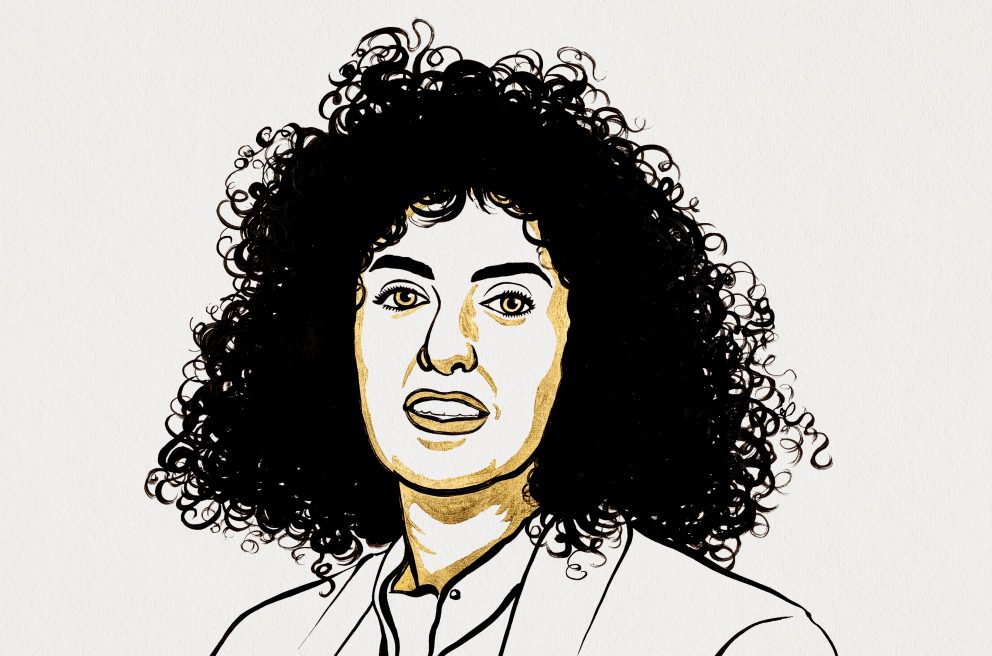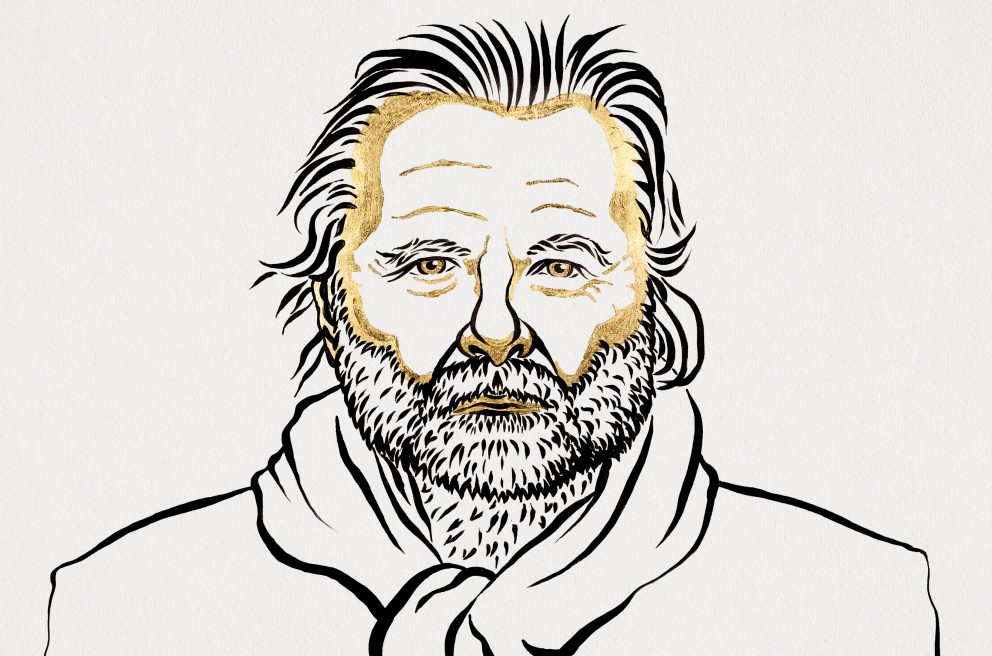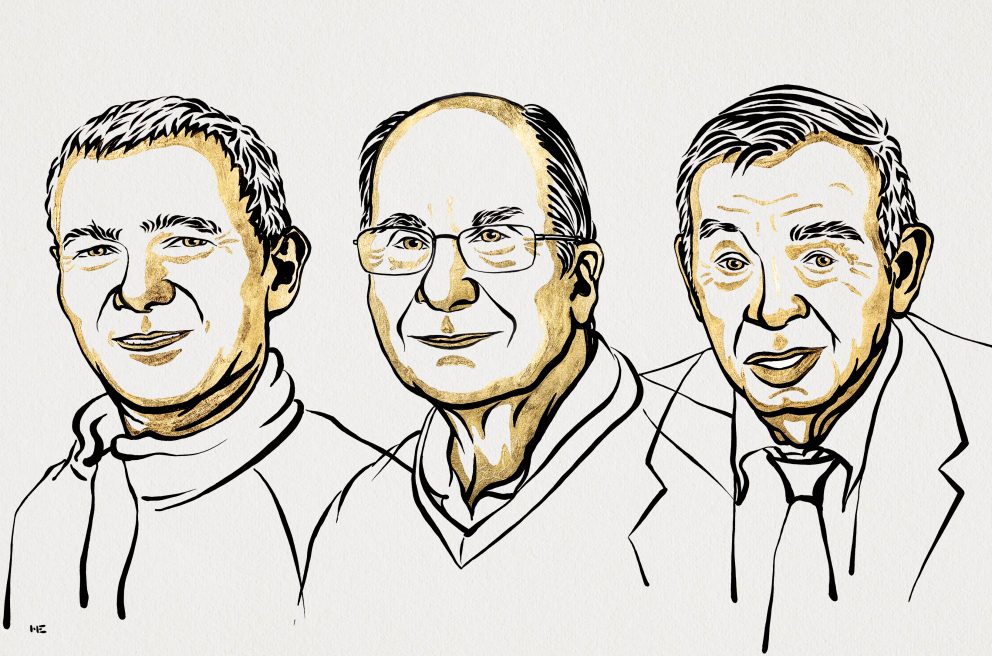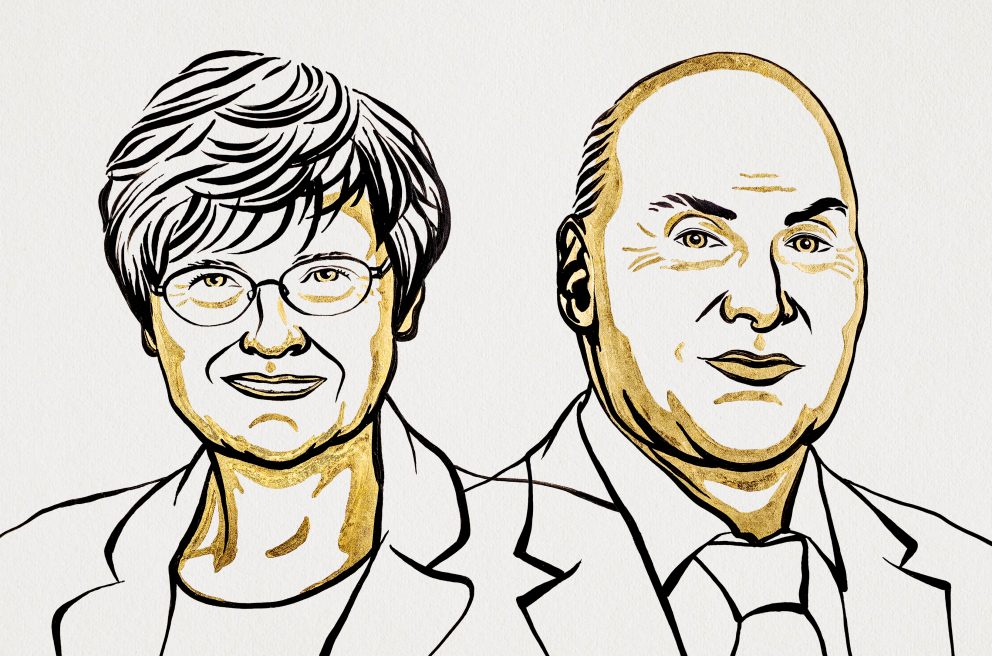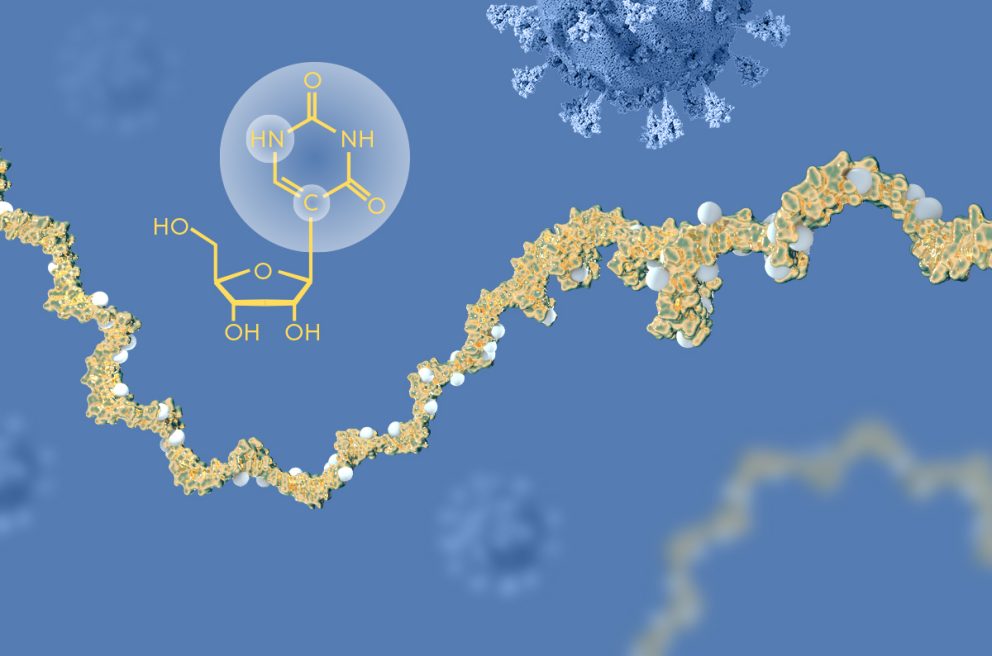India has won the bid to host the prestigious International Congress on the Chemistry of Cement (ICCC) at New Delhi in 2027. India’s leading research and academic institutes, National Council for Cement and Building Materials (NCCBM) along with IIT Delhi successfully presented the India’s bid before the Steering Committee members of the Conference during the ongoing 16th ICCC at Bangkok, Thailand. Besides India, other bidders were from Switzerland and UAE. The decision was announced on 20th September 2023 at Bangkok, Thailand during the 16th ICCC. The Indian bid was presented by Dr L P Singh, Director General, NCCBM, Dr S K Chaturvedi, Joint Director, NCCBM and Dr Shashank Bishnoi, Professor (Civil Engg.), IIT Delhi.
The International Congress on the Chemistry of Cement is the largest and most prestigious event of its kind which reviews the progress of research in the area of Cement and Concrete. The congresses have been held generally at intervals of four to six years since 1918, providing a strong and fruitful link between the academic world and the cement industry. The 9th Congress was organized at New Delhi in 1992 by NCCBM and the present 16th ICCC is being held at Bangkok, Thailand from 18-22 September 2023.
Hosting this esteemed event in India provides us with a unique opportunity to bring together the leading leaders, experts, and innovators in cement sector from around the world. This event is not only a testament to our research and academic organization's capabilities but also a chance to showcase our vibrant city New Delhi to the global cement and concrete industry. New Delhi, as a host city, will be poised to offer an unforgettable experience to all attendees of 17th ICCC in 2027 with its world-class conference facilities like Bharat Mandapam and Yashobhoomi, rich cultural heritage, and exceptional hospitality.
National Council for Cement and Building Materials (NCCBM) is an apex Research and Development organization under the administrative control of DPIIT, Ministry of Commerce & Industry, Government of India. NCCBM is dedicated to research, technology development & transfer, education & industrial services for cement, allied building materials & construction industries. NCCBM has a proven track record of executing biennial NCB International Seminars/Conferences of similar magnitude, ensuring a seamless and memorable experience for all participants from across the globe.
Background
India is the fifth largest economy today and is likely to become third largest by the next five years and its cement industry is second largest in the world with installed cement capacity of 600 million tonnes. The cement industry in India plays a key role in circular economy framework in the country by utilizing various industrial wastes and is having one of the lowest CO2 footprints and most energy efficient in the world. The booming infrastructure development, resources, and expertise available within India make it a perfect backdrop to bring together thought leaders, academics, cement and concrete professionals, and enthusiasts to exchange ideas and drive progress. The experience and framework of Indian cement industry for addressing local and global issues such as decarbonisation, sustainable development, circular economy in operation, energy security, alternate energy sources, low carbon cements and so on provide an ideal modal for deliberations and showcasing to global leaders and technocrats for the benefits of global society at large.
